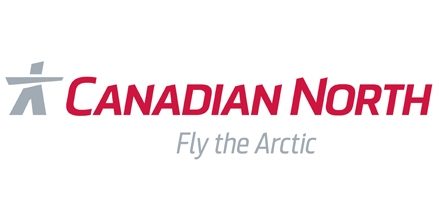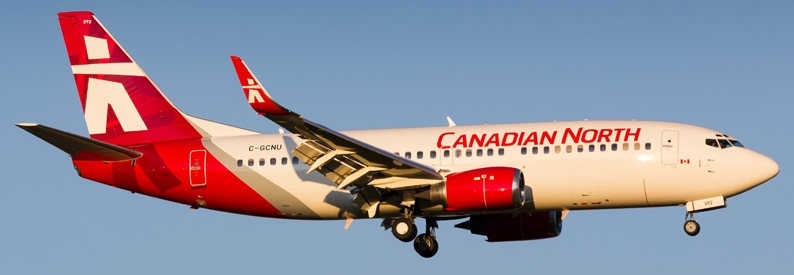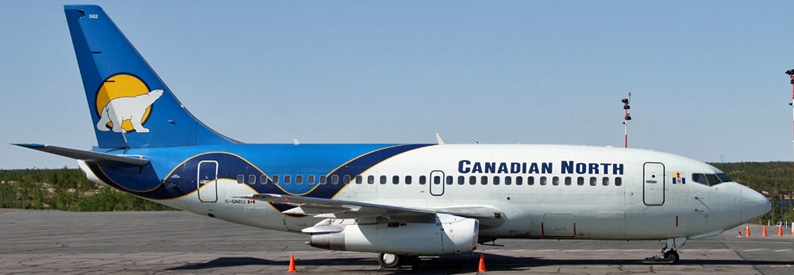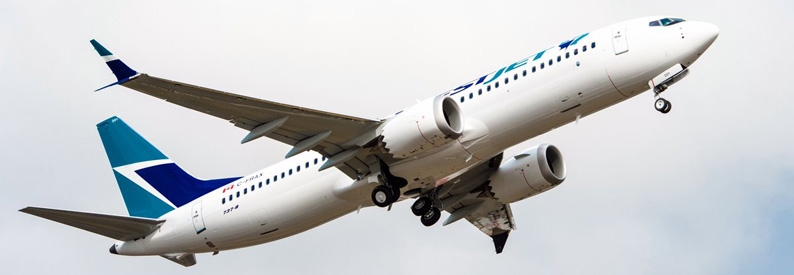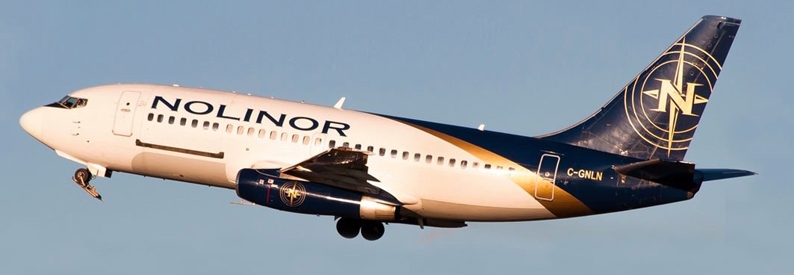The Canadian Government has announced it has formally approved a merger between First Air (Carp) and Canadian North (5T, Yellowknife) just under a year after their respective parent firms, Makivik Corporation (Makivik) and the Inuvialuit Corporate Group (ICG), signed an agreement.
It is recalled that the Canadian Competition Bureau (CCB) had raised numerous concerns about a "substantial" lessening of competition in the provision of passenger travel and cargo services to Canada's remote Nunavut and Northwest Territories. The airlines, in turn, had argued that the merger was critical to their longterm survival given increased economies of scale, reduced unit costs, and improved service quality.
In a statement issued on Wednesday, June 19, Canadian Minister of Transport Marc Garneau said the Government of Canada had approved the merger between the two largest carriers serving Canada's North, subject to a series of strict terms and conditions, namely:
- On an annual basis, for each origin-destination pair operated or published by the two airlines on April 1, 2019, passenger/cargo fares shall not increase, on average, by more than the increase in the merged entity’s operating cost on that origin-destination pair. Should the merged entity’s operating cost decrease on an origin-destination pair, passenger/cargo fares shall, on average, decrease by the same degree;
- For each origin-destination pair operated or published by the two airlines on April 1, 2019, the merged entity’s schedule will offer, at a minimum, service on the same number of days of week as the airlines’ published schedule on April 1, 2019;
- The merged entity must guarantee access to Northern Canadian infrastructure (facilities and equipment) for new airlines entering the market;
- A commitment to increasing Inuit representation across the merged entity's operations;
- Several transparency and accountability measures, such as providing quarterly financial updates and yearly financial statements to the Minister.
First Air/Canadian North said in a joint communique issued after the announcement that they would reveal more plans regarding their merger once the transaction is completed within the coming weeks.
"By combining our people and resources into a strong, unified airline, we will be able to operate far more efficiently and the improved sustainability we achieve will create new paths for us to invest in our long-term growth and renewal, for the benefit of everyone we serve," they said.
According to the ch-aviation Commercial Aviation Aircraft Data module, Canadian North operates two B737-200(M)s, eight B737-300s, two -300(QC)s, two DHC-8-100s, and one DHC-8-300 on scheduled flights to 18 towns and cities across northern Canada from bases at Calgary, Edmonton International, and Yellowknife. For its part, First Air operates three ATR42-300s, one -300(F), three -300(QC)s, six -500s, one B737-400, and three -400(C)s. It serves 30 destinations across Canada's North from bases at Iqaluit, Ottawa International, and Yellowknife.
- Type
- Base
- Aircraft
- Destinations
- Routes
- Daily Flights
